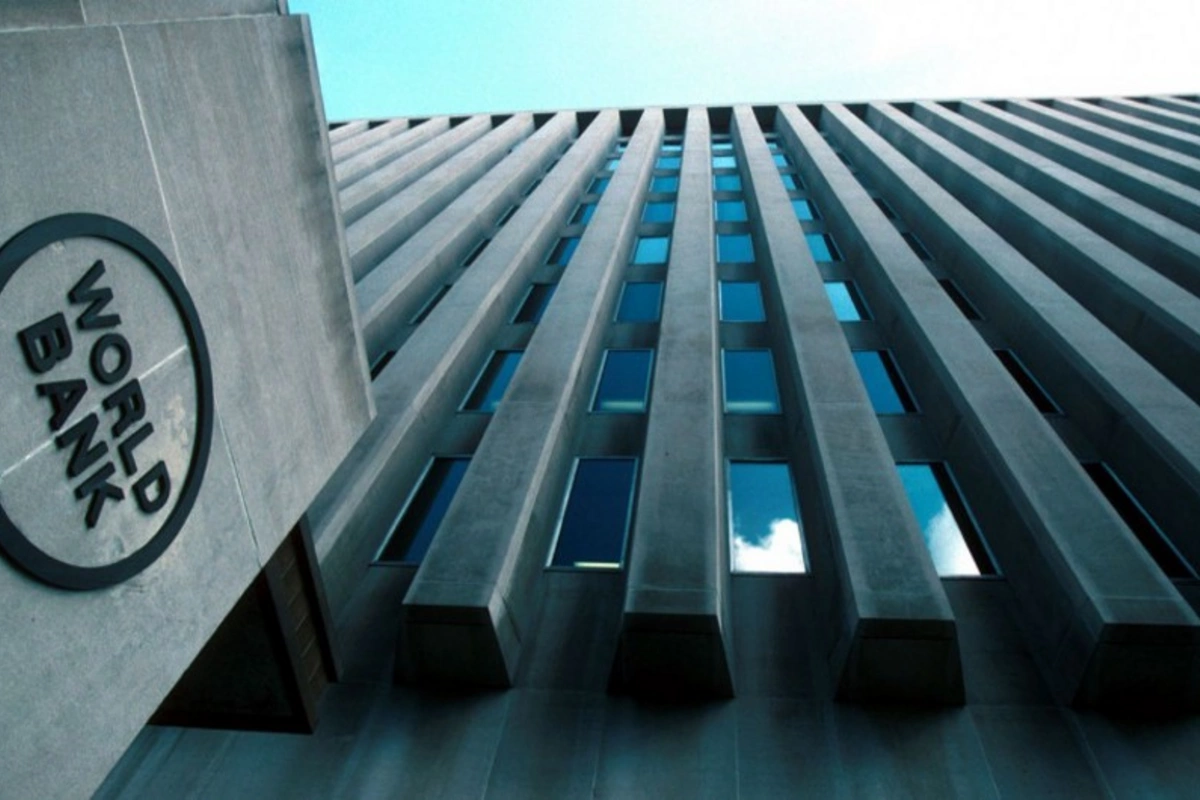World Bank published forecast on the impact of heat on Azerbaijan's economy

Cities in Europe and Central Asia (ECA) are facing a steady rise in temperatures, which in the coming decades could triple the number of heat-related deaths and lead to a 2.5% reduction in the region's annual GDP by 2050.
As Report informs, this is stated in a joint report by the World Bank (WB) and the Global Facility for Disaster Reduction and Recovery titled "Unbearable: How Cities in Europe and Central Asia Can Survive and Thrive in a Hotter Future".
According to the document, by mid-century, the number of hot days in the region's largest cities, where more than 70% of the population lives, could increase more than threefold. Southern Europe and Turkey will be particularly vulnerable - in some cities, heat could last 40-70 days longer annually.
"Extreme heat disrupts transportation, causes power grid overloads, intensifies droughts and fires, worsens air quality, reduces work capacity and production volumes - especially in sectors such as construction, transportation, and tourism," the report states.
As noted by the World Bank's Regional Director for Europe and Central Asia, Sameh Wahba, heat waves make cities less livable, especially for the elderly, children, and low-income populations.
To reduce the risk of losses, the World Bank recommends implementing adaptation measures today, including early warning systems, cooling centers in vulnerable areas, heat-resistant building materials, and climate-oriented urban planning.
The highest level of excess mortality - 25-27.5 cases per 100,000 people - was recorded in cities with warm climates, such as Iasi (Romania), Ashgabat (Turkmenistan), Baku (Azerbaijan), and Osijek (Croatia).
According to the International Labour Organization (ILO), by 2023 alone, the equivalent of more than 87,000 jobs were lost in the region due to rising temperatures.
Of these, 22,200 were in Uzbekistan, 17,800 in Azerbaijan, and 16,100 in Turkey.
According to the report, Azerbaijan proved to be the most vulnerable: the country lost 0.38% of all working hours. Losses by sector in the country's cities were: in construction - 0.76%, industry - 0.36%, in the service sector - 0.8%.
The World Bank's forecast for 2030 is even more alarming: in Azerbaijan's service sector, 1% of working hours could be lost, in industry - over 3%, and in construction (even with shade) - up to 7%.
Similar News
SOCAR and Hungarian MVM ONEnergy signed a new natural gas supply agreement
The State Oil Company of Azerbaijan (SOCAR) and Hungarian MVM ONEnergy have signed a new natural gas supply agreement. This is reported by BAKU.WS with referenc...




 Azərbaycanca
Azərbaycanca  По-русски
По-русски  English
English 






